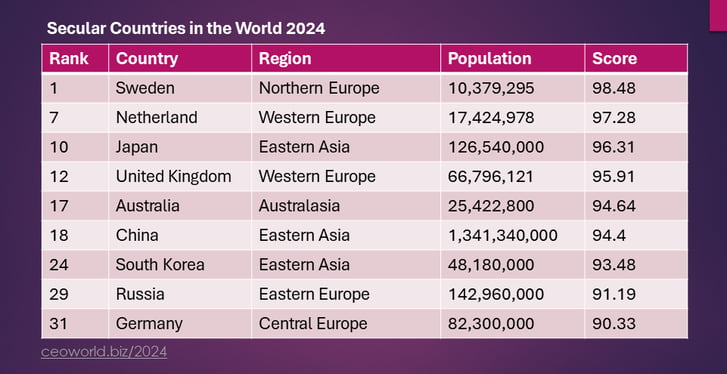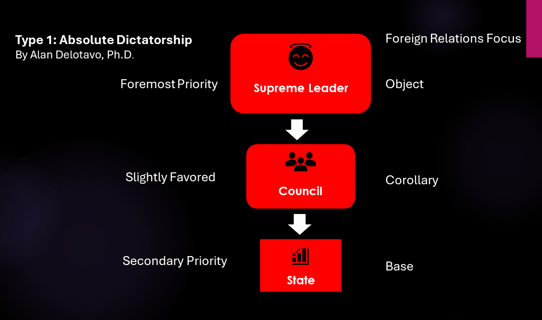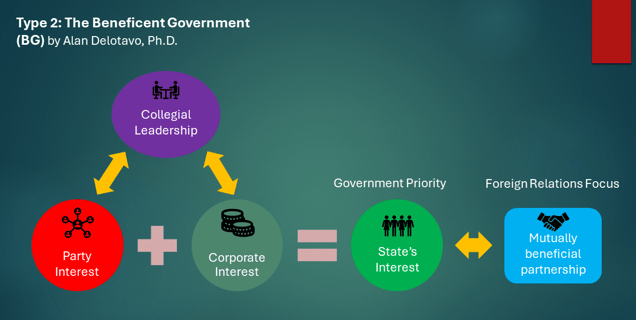Secularity


Secularity is the principle advocating for the separation of religious beliefs, practices, and institutions from public life, governance, education, and law. In secular societies, governmental decisions, laws, and policies are guided by reason, rationality, and the protection of individual rights and freedoms. This means that public institutions such as schools, courts, and legislatures operate independently from religious pressures, and personal religious convictions are considered private matters.
Secularism does not imply hostility towards religion; rather, it aims to create an environment where individuals can freely practice their faith or lack thereof without discrimination or oppression from either the state or religious entities. Widely regarded as fundamental to modern democratic societies, secularity fosters equality, pluralism, and the protection of individual rights for all citizens, regardless of their religious beliefs or affiliations.
Opportunities of Secular States
Diplomatic Neutrality: A secular state is often perceived as more neutral in international affairs, as it doesn’t align itself with any particular faith, facilitating diplomacy and cooperation with nations of diverse religious backgrounds.
Mitigation of Religious Conflicts: Secular foreign policy helps mitigate religious tensions by mediating disputes and promoting peaceful resolutions without bias towards any religious group. It prioritizes shared interests and cooperation over religious differences.
Adaptability and Flexibility: Secularism aligns with rationality, scientific inquiry, and human rights, enabling societies to adapt to shifting demographics and evolving cultural norms without privileging any religious group.
Focus on Civic Values: In a secular state, emphasis is on civic values such as justice, human rights, and the rule of law rather than religious dogma. This inclusive approach to governance ensures decisions are based on rational discourse and the common good.
Focus on Common Goals: By prioritizing issues that affect all citizens regardless of their religious beliefs, such as education, healthcare, and economic development, secular states can foster unity and collaboration among diverse nations, promoting a sense of shared purpose and collective progress.
..
Challenges of Secular States
Cultural Sensitivities: Secular states may encounter difficulties in navigating foreign relations due to cultural sensitivities and disparities in religious practices. Actions or policies perceived as disrespectful towards religious beliefs in other countries can strain diplomatic ties.
Religious Diplomacy: In foreign relations, secular states may find it challenging to engage in religious diplomacy, where religion plays a significant role in shaping international relations. Lack of expertise or reluctance to engage with religious leaders and institutions can limit the effectiveness of diplomatic efforts in certain regions or contexts.
Human Rights Dilemmas: Balancing secular principles with respect for religious freedoms can be a delicate task in foreign relations. Secular states may struggle to address human rights violations perpetrated in the name of religion without appearing to infringe upon religious autonomy or fueling accusations of cultural imperialism.
Political Instability: In regions where religion shapes politics, ties with a secular nation can provoke instability. Opposition groups may view secular influence as a threat to their religious identity or power, leading to unrest.
Difficulty in Engaging Religious Entities: In regions where religious institutions or leaders hold significant influence, secular states may face challenges in engaging with these entities diplomatically. Failure to effectively engage with religious actors can hinder efforts to address various global issues, such as conflict resolution or humanitarian assistance.




Types of Secular Governance and Their Implications to Foreign Relations


